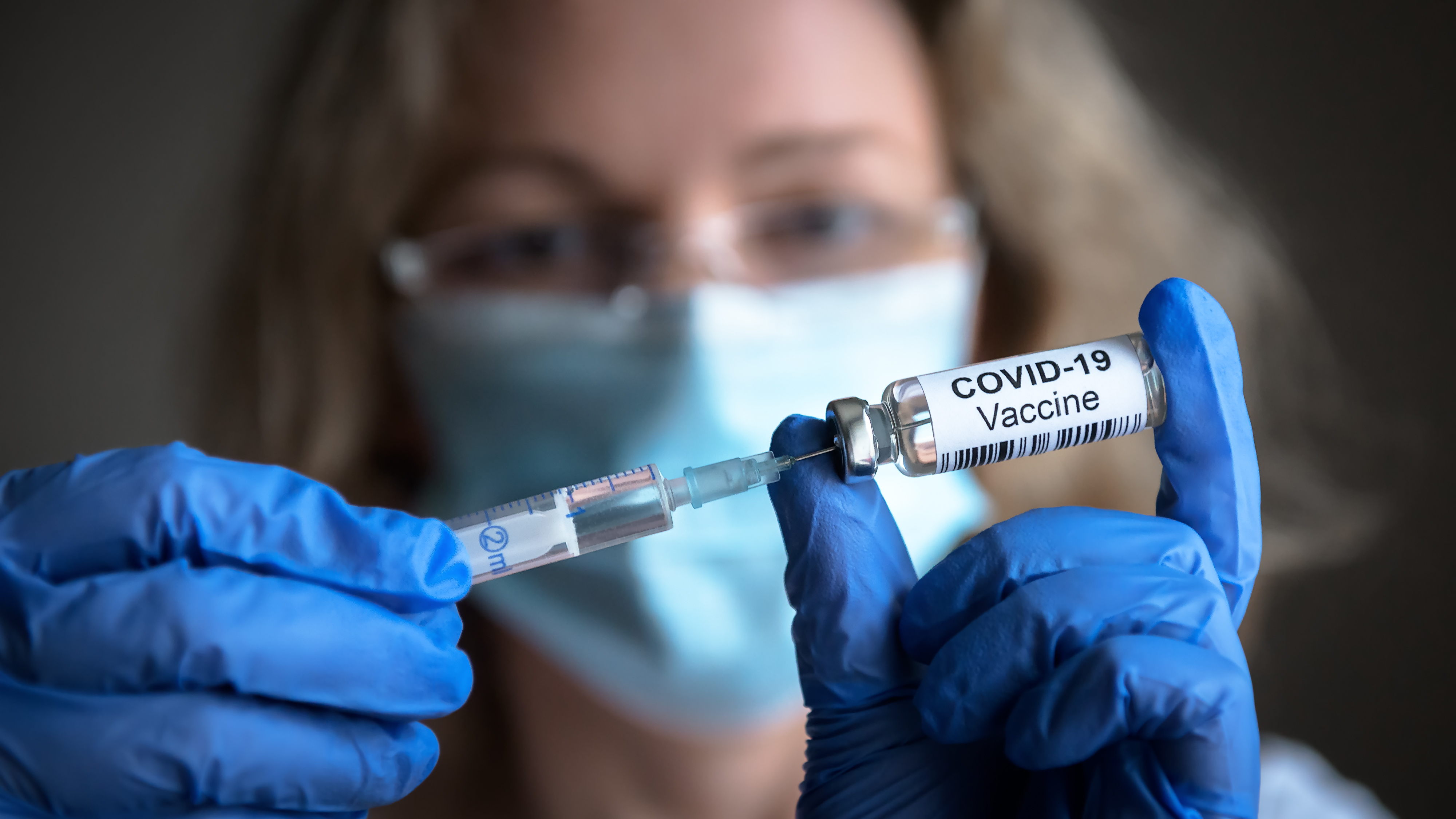Patients with heart conditions and Covid-19 vaccines

Can patients with pacemaker implantation get Covid-19 vaccines?
A frequently asked question is if patients with pacemaker implantation of any kind such as a pacemaker or a defibrillator should get Covid-19 vaccines. The short answer is yes because these medical devices do not carry any side effects. So, patients with these implanted devices can get the vaccines.
What we can ensure is that those who rely on these devices are diagnosed with high-risk heart diseases which are also generally at high risk to be affected by Covid-19. Therefore, if contracted, they will have severe symptoms. If you have these implantations, you can get the vaccines.
Patients with any kind of implantations have regular appointments for device check-ups. Mostly, the devices will function accordingly. However, during this Covid-19 crisis, some patients may miss appointments and do not receive regular check-ups. If the patients are concerned, they are advised to get check-ups at a hospital they usually go to in order to examine and make sure the implantations will not affect the vaccines.
Cardiac Arrhythmia and Covid-19 vaccines
In case of Cardiac Arrhythmia and Covid-19 vaccinations, it is important to understand Cardiac Arrhythmia first, whether it is a fast or slow heartbeat. In fact, there are many types, but we are going to start with the major ones which present a higher risk of death if patients test positive for Covid-19. The simplest way to explain is that older population who are over 50 years old have a higher risk.
The question is, what are common conditions in those aged over 50 years old? The majority of them deal with 2 conditions. The first one is a slow heartbeat (Bradycardia) which requires pacemaker implantation. These patients can use a pacemaker or a defibrillator.
The second one is more problematic, which is Atrial Fibrillation or AF for short. The problem is this condition requires regular medication to prevent blood clot also known as anticoagulants. What you can find includes Warfarin, Dabigatran, Rivaroxaban, and many others.
The problem is these medicines can cause bleeding, and it is difficult to stop. Generally, a needle is injected into the muscle which is prone to bleeding. So with this risk and continuity of medication, the patients will surely bleed when they receive vaccines. It’s going to be a problem.
Therefore, if any patients are on these medications, consult doctors at the vaccination sites first. If you’re not sure, consult the doctors who care for their heart conditions to properly adjust medication because they may need a blood test.
Another group, or a minority, is those who have a fast heartbeat (Tachycardia), whether they have already received Ablation Therapy or are taking medication. Most of them are young, and there has been no research about problems from the vaccines. This means even with Cardiac Arrhythmia, ablation, or medication, they can be vaccinated with no concerns.
How should Thrombolytic medicine takers prepare for Covid-19 vaccines?
To answer what Thrombolytic medicine takers should do before getting the vaccines, we have to separate Thrombolytic drugs into groups. The first group is Antiplatelet like 1. Aspirin 2. Clopidogrel. For those who take these medicines, if they have Stent implantation, they don’t have to stop taking the medicines. They can get the vaccines.
The second group is anticoagulants known as Warfarin, the medicine that helps prevent blood clots but also makes it difficult to stop bleeding. The most important part is that those who take this medicine needs to get an INR test. It is crucial that their INR level is no more than 3, keep it below 3. If it is higher, when injected with a needle, the patients will bleed.
The last group is the new type of medicines called NOACs such as Dabigatran and Rivaroxaban. They are more intricate. In case you take the medicine in mornings and evenings generally, if you will get the vaccine in the morning, skip the pill for that meal and take it in the evening normally. Take it in the following morning as usual. No need to take extra.
Meanwhile, if you take the medicine once a day, such as in the morning, we suggest that you not take it. After the vaccination, if your condition is normal, you can take the medicine later in the afternoon and take it in the morning as usual.




